 Buddhist teachings can be regarded as the ultimate psychotherapy to the mind. Some people call Buddhism the "science of the mind". It is also a therapeutic means of getting answers to life's difficult problems. Buddhism gives you the blueprint on how to get rid of life's suffering for ever. This is called the "The Four Noble Truths". This is the final pathway to get rid of all the difficulties and sufferings we endure in daily life. Buddha very clearly showed the path to reach this goal, the freedom from all suffering, called the enlightenment. He gave us all the tools and very clear instructions on how to attain this state of mind, the ultimate happiness. In his own words Buddha called this "the supreme bliss of Nirvana". He emphasised that this can only be achieved with our own diligent effort. No other person, not even Buddha himself can do it for you. It is essentially a "do it yourself project".
Buddhist teachings can be regarded as the ultimate psychotherapy to the mind. Some people call Buddhism the "science of the mind". It is also a therapeutic means of getting answers to life's difficult problems. Buddhism gives you the blueprint on how to get rid of life's suffering for ever. This is called the "The Four Noble Truths". This is the final pathway to get rid of all the difficulties and sufferings we endure in daily life. Buddha very clearly showed the path to reach this goal, the freedom from all suffering, called the enlightenment. He gave us all the tools and very clear instructions on how to attain this state of mind, the ultimate happiness. In his own words Buddha called this "the supreme bliss of Nirvana". He emphasised that this can only be achieved with our own diligent effort. No other person, not even Buddha himself can do it for you. It is essentially a "do it yourself project".Now let us examine how psychotherapy is related to the history of Buddhism. Theravada Buddhism is the oldest surviving school of Buddhism today. If you look up the origin of word "Thera", it says in 1846, "medical treatment of disease," from Mod.L. therapia, from Gk. therapeia "curing, healing," from therapeuein "to cure, treat." Therapist formed 1886; earlier therapeutist (1816), especially of psychotherapy practitioners from c.1930s. The word "Veda" means knowledge. Therefore Theravada may mean "Therapeutic-Knowledge". Theravada Buddhists are found over 100 million worldwide. In recent years Theravada has begun to take root in the West.
How does Buddhism become an effective psychotheraputic tool? Basically Buddha teaches you to become your "own therapist". He teaches you very clearly how to examine your own mind step by step. It is like shining a flashlight on to your own mind and examining everything that is happening in your mind. He explains how these six senses, the eye, ear, nose, tongue, body and the mind (the sixth sense) connect you to the outside world. Then he explains and how to contemplate on the nature and the mechanism each of these sense bases. This is the basis of Insight or Vipassana meditation.
The best metaphor for this was one told by Ajahn Brahm, the abbot of Buddhist Society of Western Australia, in one of his meditation talks. He said when people watch movies you get caught up in all sorts of emotions. If the movie is sad you cry or if the movie is funny you laugh and have a good time. In past when people use to smoke in movie theaters if you look up you could see a cone of light going from the screen to the projector. If you look back and examine further you can see it is only a plastic film tape going through a lens and a powerful light. In real life this is similar to what happens. We get caught up in all sorts of emotions like greed, hatred, etc, but we really do not understand where and how it all starts. Insight (Vipassana) meditation teaches you how to examine the real "projector" in life instead focusing on the "big screen". I will discuss this in detail in a different posting.
Vipassana meditation, a Buddhist mindfulness-based practice, provides an alternative for individuals who do not wish to attend or have not succeeded with traditional addiction treatments. One study evaluated the effectiveness of a Vipassana meditation course on substance use and psychosocial outcomes in an incarcerated population (see the abstract below). Results indicate that after release from jail, participants in the Vipassana meditation course, as compared with those in a treatment-as-usual control condition, showed significant reductions in alcohol, marijuana, and crack cocaine use. Vipassana meditation participants showed decreases in alcohol-related problems and psychiatric symptoms as well as increases in positive psychosocial outcomes.
Principle of Buddhist mindfulness is used in Mindfulness-based Cognitive Therapy and Mindfulness Based Stress Reduction (MBSR) programmes. These methods of psychotherapy are now used in evidence based medical practice for treating depression, anxiety and other related disorders. Current Canadian Clinical Practice Guidelines states, meditation as the third line of treatment for depression. Other principles of mindfulness meditation in Buddhist practice may be used in mainstream medical practice in the near future.
To read previous related posts click the following links:
Other Links:
Video about Vipassana Meditation in maximum-security prison Birmingham, Alabama, USA.
Staring at Death, and Finding Their Bliss
Staring at Death, and Finding Their Bliss
Vipassana Meditation in Northern Rehabilitation Facility, a minimum-security jail in Shoreline, USA
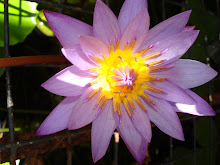









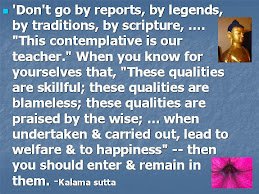

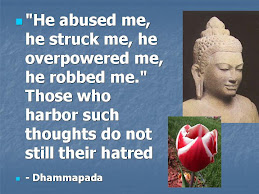
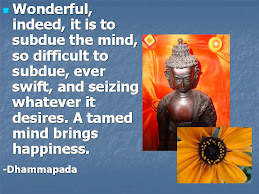
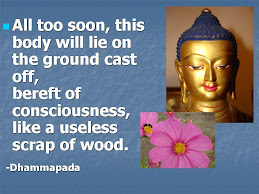
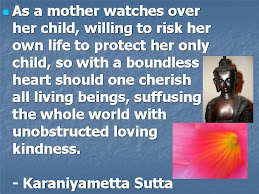
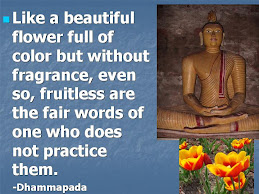
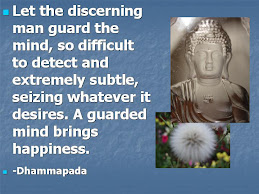
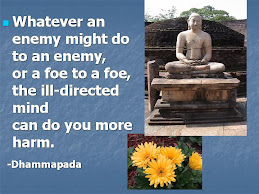
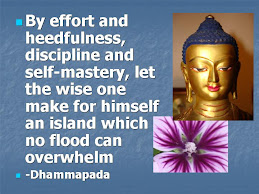
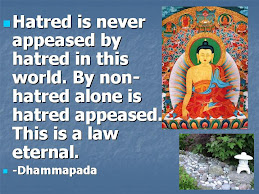
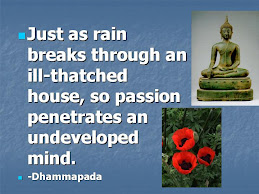
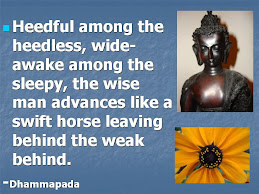
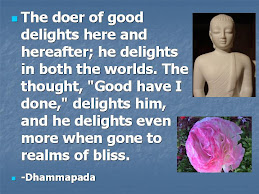
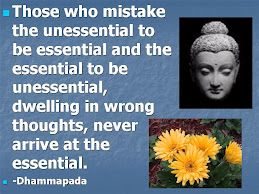
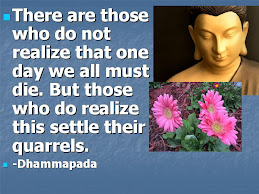
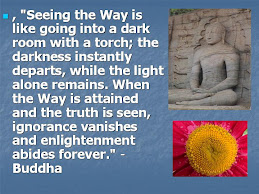
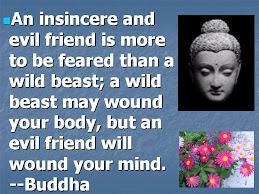
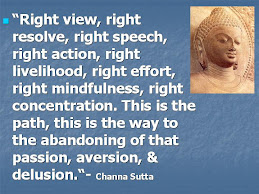
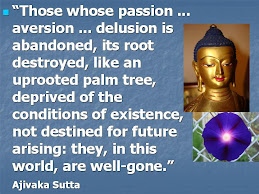
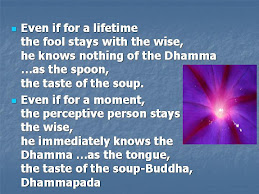
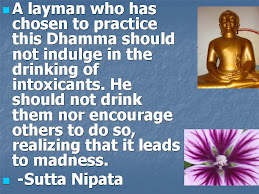
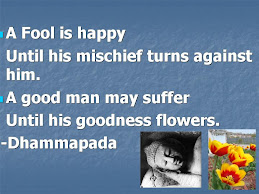
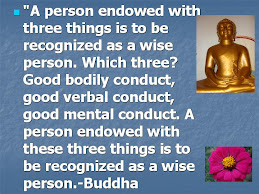
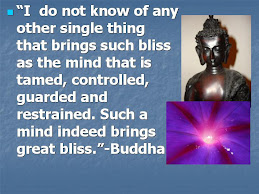
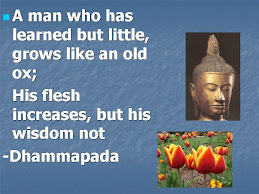
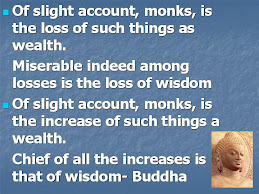

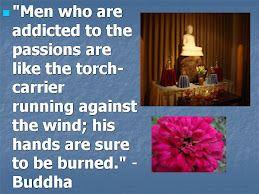
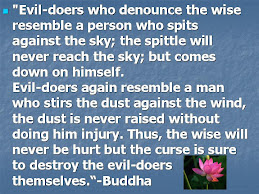
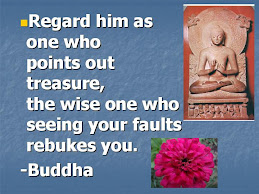
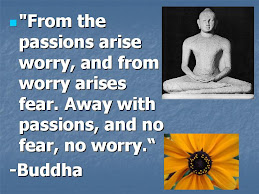
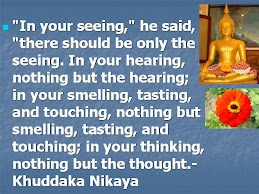

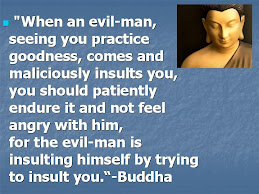
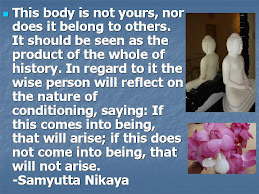
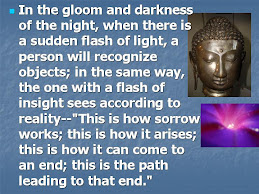



No comments:
Post a Comment